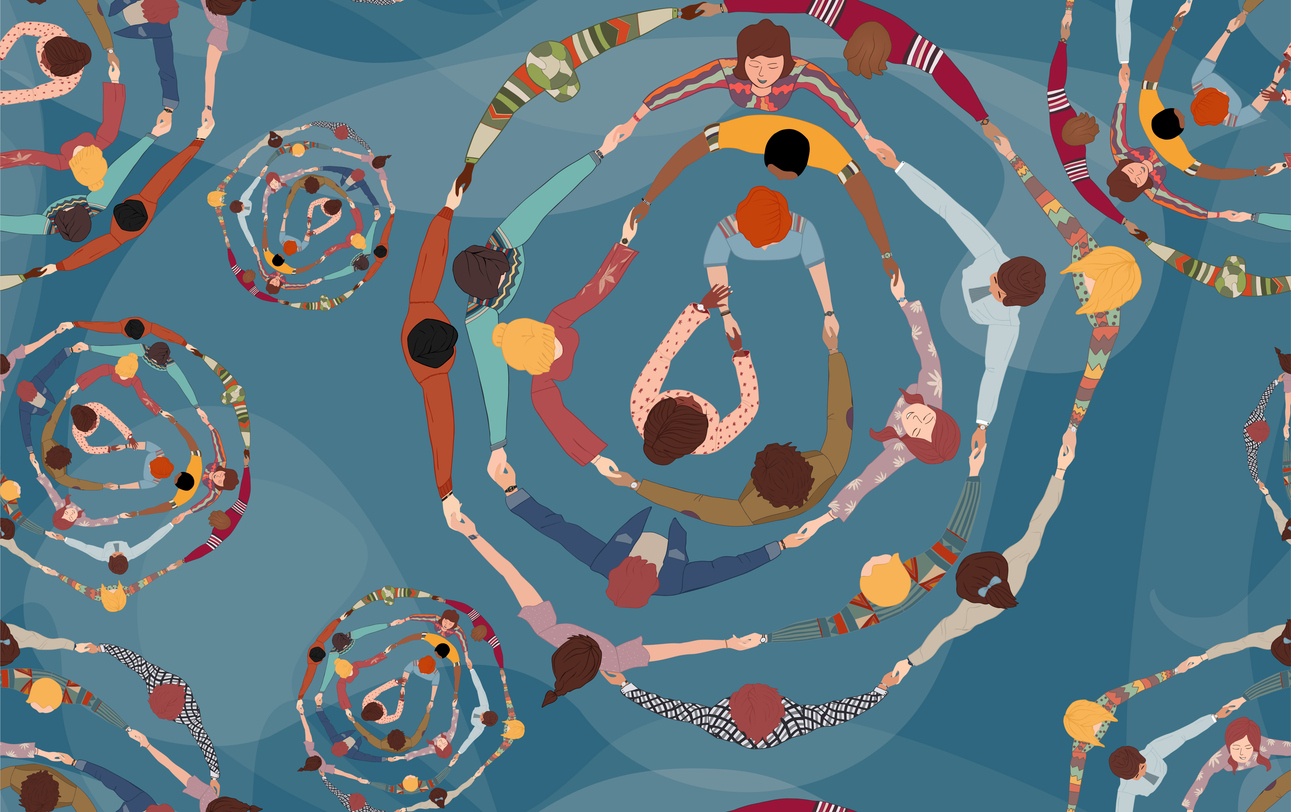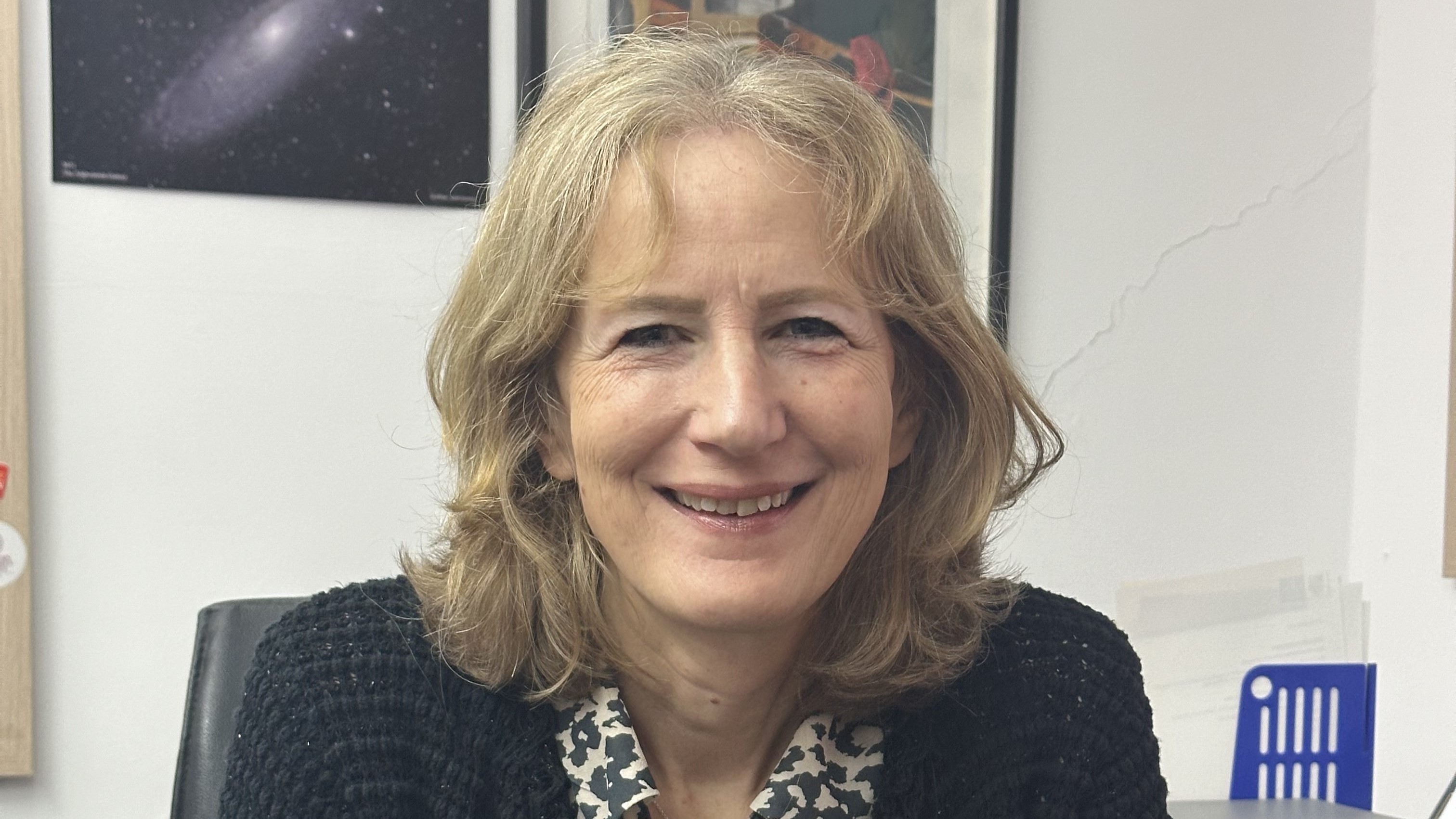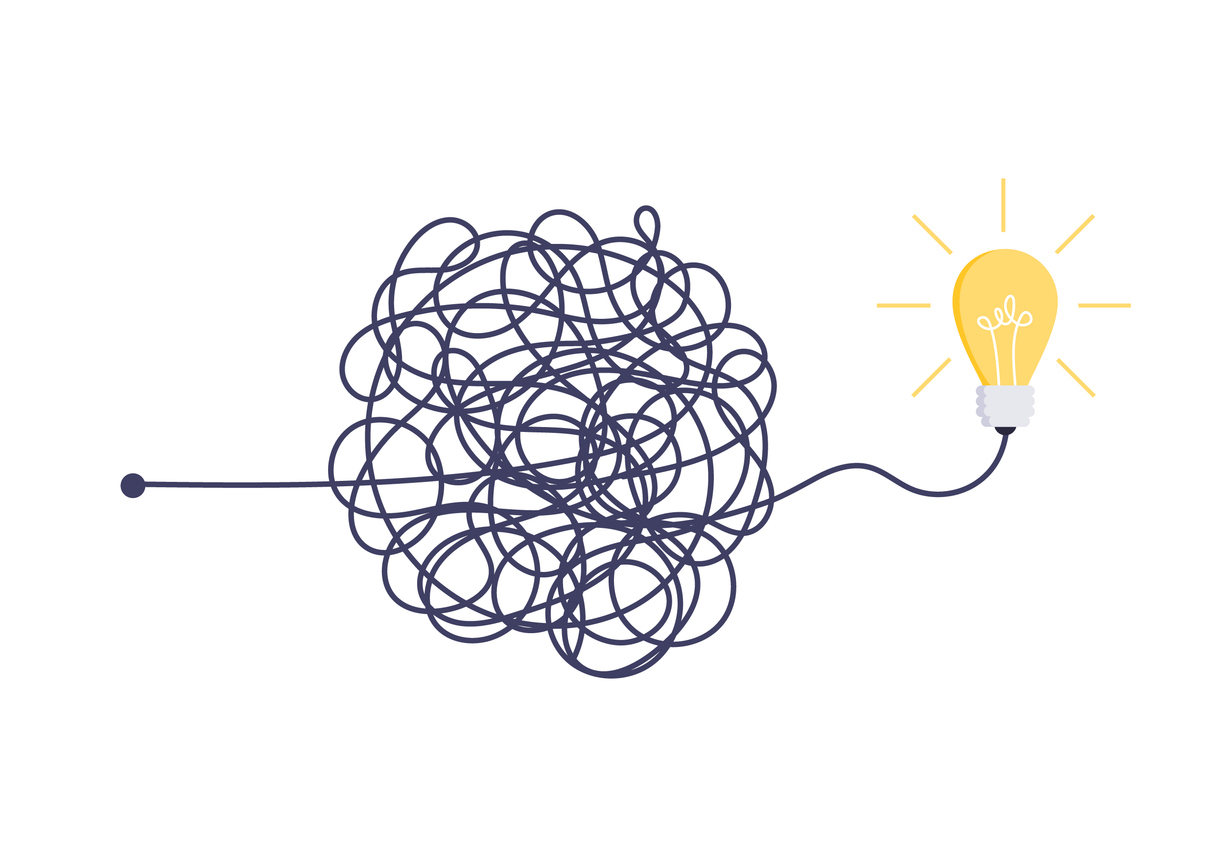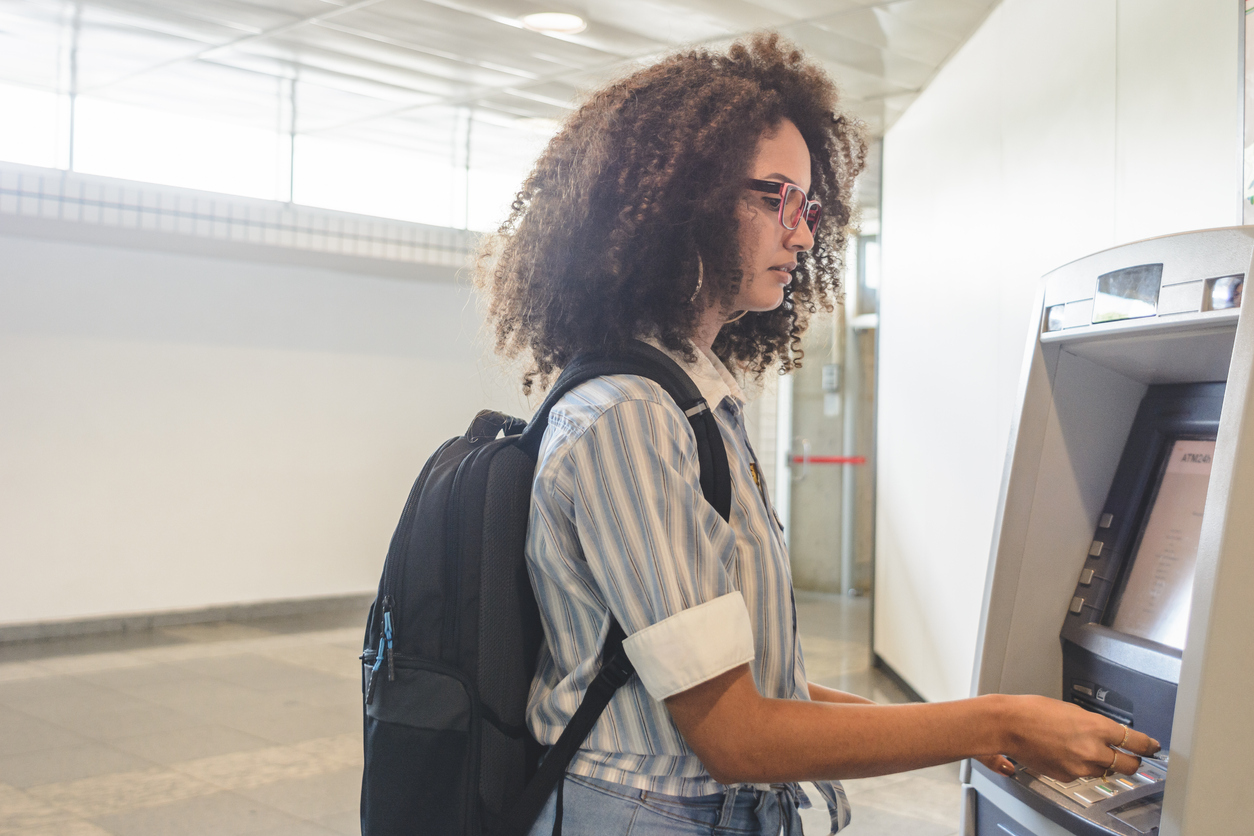Why volunteering is good for counsellors – and their students
Counsellors can play a transformative role in people's lives – so why not use your skills to contribute positively to the world as a volunteer?

At the BMI Global International Schools Forum and Workshop in London last year, there was a fascinating activity called “River of Growth”. In this exercise, we mapped out the twists and turns of our career journeys as counsellors and then reflected on them in groups.
Since that time, my own “river” has taken a significant and interesting turn, and if I were to do this activity again, I would highlight a pivotal milestone in my counselling career: volunteering to guide an exceptional student through her university-application process.
Against formidable geographical, cultural and financial barriers, which often seemed insurmountable, this student secured a place at an elite UK institution on a full scholarship.
Afterwards, I went to visit her at her new university. Her enthusiasm and appreciation for the phenomenal opportunity she had been given shone through. “I couldn’t have done this without you,” she said.
At this point, I fully grasped the transformative role counsellors can play in students’ lives. This is particularly true for young people facing immense challenges, often beyond their control.
This solidified my decision to explore ways to use my experience and skills to contribute positively to the world and, in some small way, help address the deep inequalities in access to education. Imagine the potential for positive change if more of us took on this mission.
Why should you consider volunteering?
Lead by example
I have lost count of how many times I have advised students on the importance of making a positive contribution to their local community through volunteering. As active volunteers ourselves, we can speak from experience about the rewards of helping others. Since educators and guidance counsellors often serve as role models, actions speak louder than words.
Expand your professional network
Volunteering offers an excellent opportunity to connect with people who share your interests and goals.
Personal fulfilment
Playing a role, however small, in breaking down barriers to education is deeply rewarding. My decision to join Project Access aligns with my aspiration to contribute to its mission of “empowering under-represented students through mentorship to access top-tier education and become transformative leaders of tomorrow”.
Lifelong learning
Working with students from diverse backgrounds is an enriching experience that broadens our perspectives and promotes continual learning.
Creating a cycle of giving
Those we help today may be inspired to give back in the future, creating a ripple effect of positive change.
A fulfilling post-retirement activity
Upon retirement, many counsellors miss the sense of purpose their work provided. Volunteering allows you to continue making an impact in a way that brings personal satisfaction.
Why do counsellors make great volunteers?
Strong organisational and multitasking skills
Our daily workload is relentless, filled with deadlines and unexpected challenges. Yet we excel at managing time and multitasking. By incorporating mentoring and outreach – activities that follow a familiar structure – into a portion of our personal time, we can contribute effectively without feeling overwhelmed.
Problem-solving expertise
We are skilled at researching solutions and navigating complex admissions processes. Our ability to find appropriate pathways and funding opportunities, and to seek guidance if needed from our extensive professional networks, makes us well-equipped to assist a diverse range of young people.
Collaboration and global knowledge-sharing
Counsellors are natural collaborators, with access to a vast global pool of knowledge. THE Counsellor is a prime example of this exceptional community. While our expertise overlaps, it also remains unique, thanks to our geographical locations, experiences, student demographics and familiarity with various admissions systems and curricula. Effective communication within this network leads to efficient problem-solving and successful student outcomes.
Life-changing impact
We recognise the power of advice and guidance in shaping young people’s futures. By building trust and fostering supportive relationships, we can boost students’ confidence and provide them with the tools they need to realise their goals – something we do daily at work.
How can you get involved?
Informally
Offer guidance on an ad-hoc basis in your local community. If you encounter students who need help, lend your expertise. You might also reach out to local state schools to offer support, such as by conducting mock interviews or giving presentations on higher education and career options.
Formally
Join a charity or organisation dedicated to addressing educational inequality. This could be a local initiative focused on supporting specific schools or communities, or a global organisation that uses technology to connect volunteers with students in need. There are many charities and initiatives to choose from, so research well and find the one that best suits your interests.
The key to successful volunteering is finding a role that aligns with your skills, fits into your routine and brings you satisfaction. When you dedicate your time to a cause you truly care about, not only do you positively impact the lives of the young people you help, but you experience immense personal and professional fulfilment.




